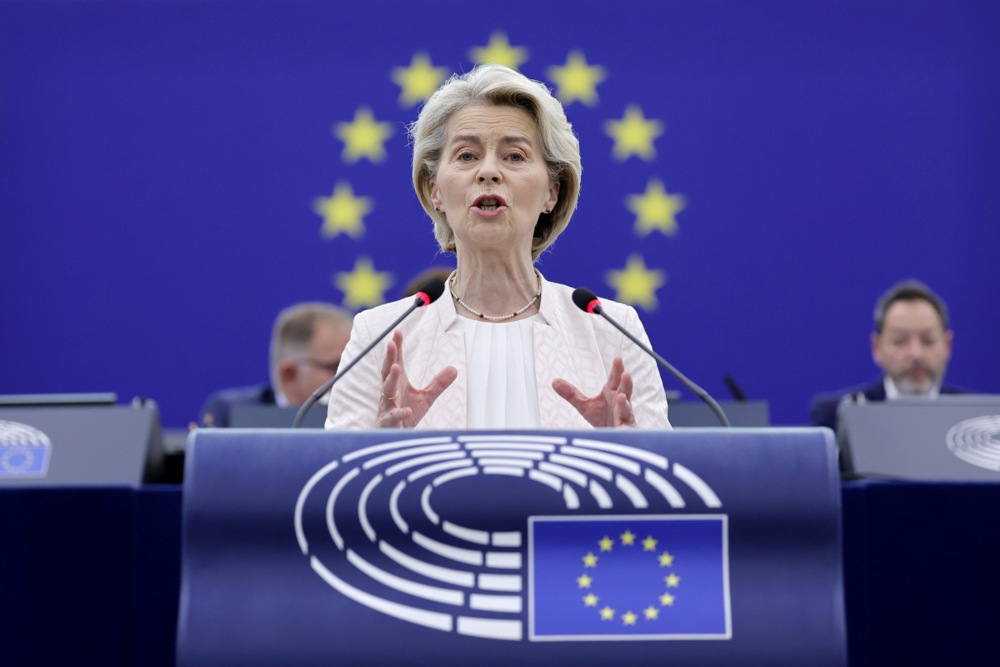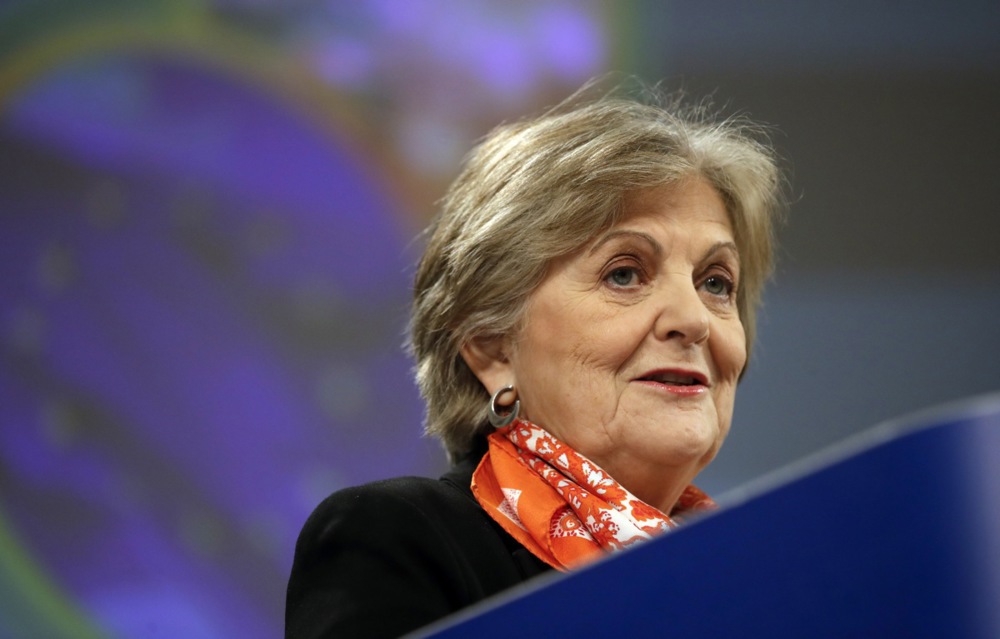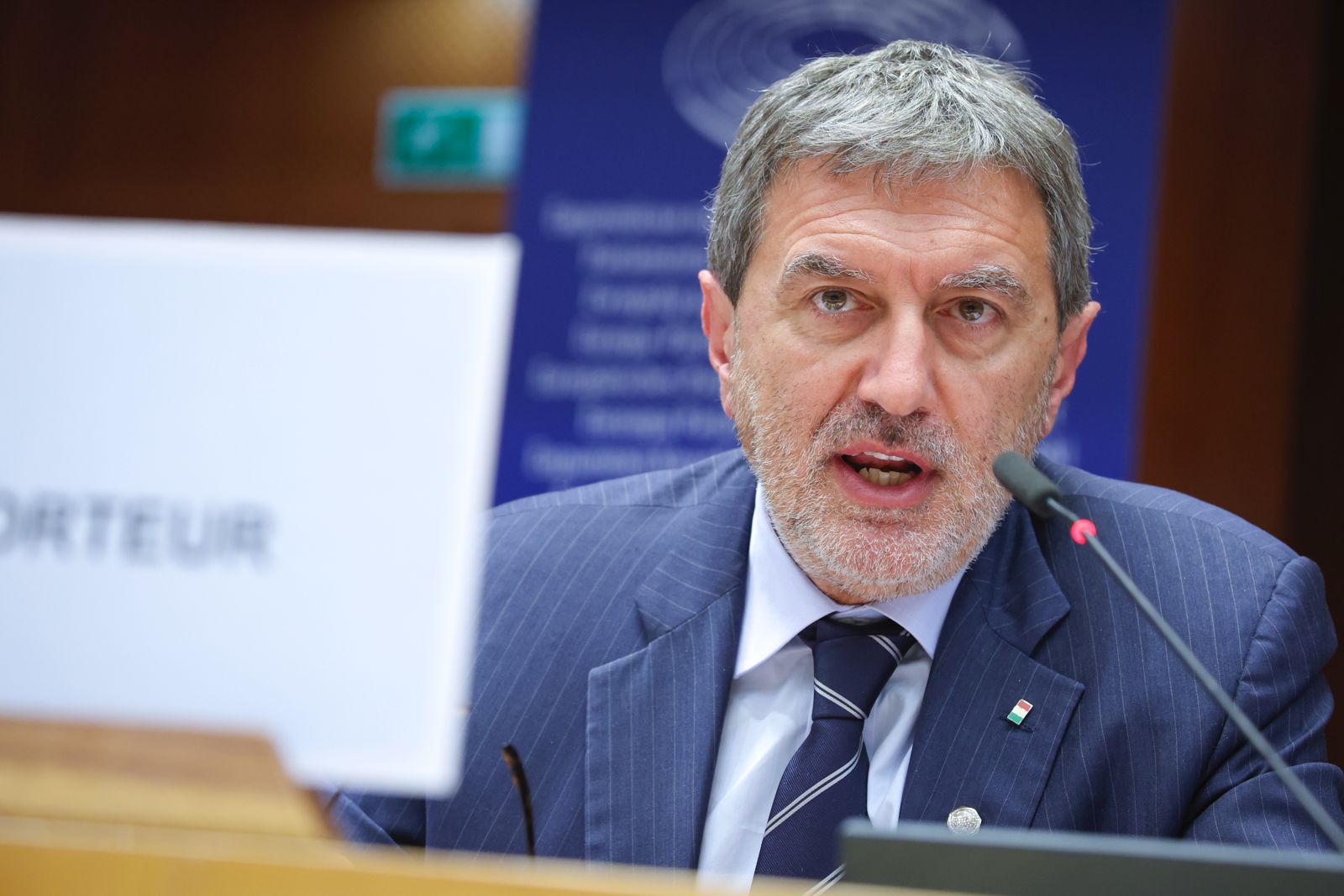The European Union is lagging behind as space agencies race to reconquer the moon.
Experts from around the world are gathered in Milan for the International Astronautical Congress (IAC) as a new global race regarding Earth orbit operations and moon landings begins to heat up.
At the event starting on October 14, there is significant involvement from the private sector, with many companies striving to keep pace with Elon Musk’s dominant SpaceX.
This year, the conference will bring together the space minds of two major rivals: the US and China. Russia’s space agency, Roscosmos—a historical power now isolated from the West following Moscow’s invasion of Ukraine in 2022 — has no official presence.
Despite this, almost all 77 member countries of the International Astronautical Federation (IAF), the non-profit group that organises the IAC, are set to attend discussions expected to focus heavily on lunar exploration, NASA’s growing coalition of countries under its Artemis lunar programme, and Europe’s urgent need for more sovereign access to space, meaning the EU wants its own independent access to space.
IAF president Clay Mowry highlighted that a record 7,197 technical abstracts were submitted for this congress, with 37 per cent of the papers to be presented by students and young professionals.
NASA administrator Bill Nelson was expected to rally support at the conference for the US agency’s strategy to rely on private companies to replace the ageing International Space Station after its retirement in 2030. The two-decade-old orbital science laboratory has been a symbol of space diplomacy primarily led by the US and Russia.
NASA, which is investing billions of dollars in its Artemis programme, is keen to maintain a presence in orbit to compete with China’s Tiangong space station, which has continuously housed Chinese astronauts for three years.

The space race between the US, China, and Russia extends beyond lunar exploration to encompass the development of defence technologies and military capabilities in space.
The US has identified space dominance as crucial for its national security, expanding its space defence capabilities, including the establishment of the US Space Force in 2019. In response, China has accelerated its military space programme, developing capabilities such as spy satellites and jamming systems, which has raised concerns in the West.
Meanwhile, the European Union has been attempting to strengthen its autonomy in space in light of the growing influence of the US and China. Aiming to become a more relevant player in space exploration, the EU has launched initiatives including the Copernicus programme for Earth monitoring and developed policies to foster cooperation among member states in the space sector.
Europe nevertheless lags behind in space development compared to the US and China, although it has significant national industries operating in the sector.
Airbus Defence and Space is one of the largest companies in Europe in the industry, with revenues reaching €10.2 billion in 2022. It focuses on satellites, rockets and related services, playing a crucial role in producing Ariane and collaborating on operations including the International Space Station (ISS).
Thales Alenia Space has a budget of around €3.5 billion and is known for its work on telecommunications satellites and constructing modules for the ISS.
Arianespace is responsible for launching European satellites and played a key role in developing the Ariane 6 launcher. The company manages a fleet of rockets that has launched more than 250 satellites since 1980.
Avio focuses on rocket development and is known for its Vega rocket, used to launch small satellites.
Italy, one of the top contributors to the European Space Agency, recently pledged €7.3 billion through 2026 for both national and European projects.
The rise of disruptive space technologies, private competition largely spurred by SpaceX, and geopolitical tensions have forced Europe to redraw its priorities for both launchers and satellites. After a year-long hiatus, Europe regained non-crewed access to orbit with the test flight of its Ariane 6 launcher in July.
Capacity remains constrained due to the severing of ties with Russia, whose Soyuz rockets played a key role for the continent before the Ukraine war.
Additionally, Europe’s satellite manufacturing industry faces growing pressures as a once-thriving market for large, bespoke geostationary satellites has encountered intense competition from low-Earth orbit constellations such as SpaceX’s Starlink.
European strategists have argued that space is a global market and that forcing European companies to preserve options within the same region overlooked the broader picture of global competition.
The European Union-backed European Space Agency has launched its final Vega rocket as competition in the aerospace sector hots up. https://t.co/vlKFJD94Rv
— Brussels Signal (@brusselssignal) September 5, 2024





